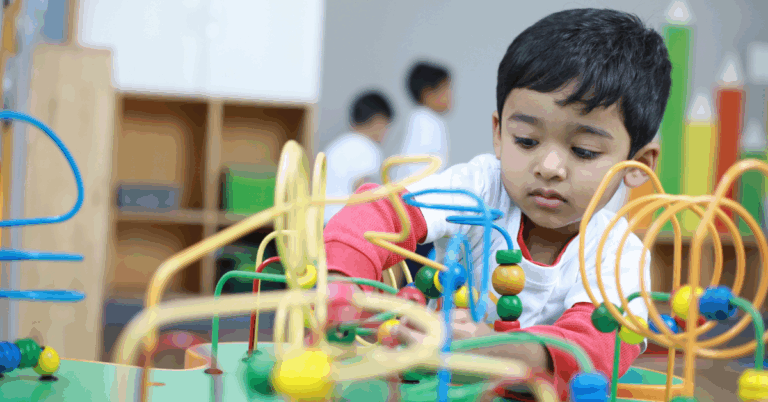The Impact of Mindfulness Education on Student Well-being
Mindfulness education is crucial for student well-being as it equips them with essential skills to navigate life’s challenges. By fostering self-awareness and emotional regulation, mindfulness empowers students to manage stress and anxiety more effectively. This, in turn, can have a positive impact on their overall mental health and resilience.
Moreover, incorporating mindfulness practices in schools promotes a sense of present-moment awareness among students. This heightened awareness not only allows them to focus better on academic tasks but also helps in developing a deeper understanding of their thoughts and emotions. Ultimately, mindfulness education plays a pivotal role in nurturing students’ well-being and cultivating a positive school environment.
The Benefits of Implementing Mindfulness Education in Schools
Research has shown that implementing mindfulness education in schools can have a profound impact on students’ overall well-being. By teaching mindfulness techniques such as deep breathing exercises and meditation practices, students can learn to manage stress and improve their attention span in the classroom. This can lead to enhanced academic performance and a more positive learning environment for both students and teachers.
Furthermore, mindfulness education in schools has been linked to a decrease in anxiety and depression among students. By encouraging mindfulness practices, schools can help students develop emotional regulation skills and cope better with the challenges they face. This can create a more supportive and nurturing school environment, fostering a sense of emotional resilience and overall mental well-being among students.
• Implementing mindfulness education in schools can have a profound impact on students’ overall well-being
• Teaching mindfulness techniques such as deep breathing exercises and meditation practices can help students manage stress and improve attention span
• Enhanced academic performance and a more positive learning environment for both students and teachers can result from mindfulness education
• Mindfulness education in schools has been linked to a decrease in anxiety and depression among students
• Encouraging mindfulness practices helps students develop emotional regulation skills and cope better with challenges they face
• A more supportive and nurturing school environment is created, fostering emotional resilience and overall mental well-being among students.
How Mindfulness Education Can Improve Student Mental Health
Mindfulness education plays a crucial role in enhancing student mental health by promoting self-awareness and emotional regulation. Through mindfulness practices, students can develop the skills to better manage stress, anxiety, and other mental health challenges they may face. By cultivating a sense of present-moment awareness, students learn to observe their thoughts and feelings without judgment, leading to increased clarity and a more balanced perspective on their internal experiences.
Furthermore, mindfulness education equips students with valuable tools to cope with negative emotions and improve their overall well-being. By fostering a non-reactive and accepting attitude towards their thoughts and emotions, students can build resilience and reduce the impact of mental health issues. Engaging in mindfulness practices can help students develop a greater sense of self-compassion, empathy, and emotional intelligence, ultimately contributing to a healthier mindset and improved mental health outcomes.
What is mindfulness education?
Mindfulness education is a practice that involves focusing one’s attention on the present moment without judgment. It involves techniques such as deep breathing, meditation, and self-awareness.
Why is mindfulness education important for student well-being?
Mindfulness education can help students improve their focus, reduce stress and anxiety, enhance self-regulation, and improve overall mental health.
What are the benefits of implementing mindfulness education in schools?
Implementing mindfulness education in schools can lead to improved academic performance, reduced behavioral issues, increased emotional resilience, and better relationships among students and teachers.
How can mindfulness education improve student mental health?
Mindfulness education can help students develop coping strategies for managing stress, anxiety, and other mental health challenges. It can also promote self-awareness and emotional regulation, leading to better mental well-being.







